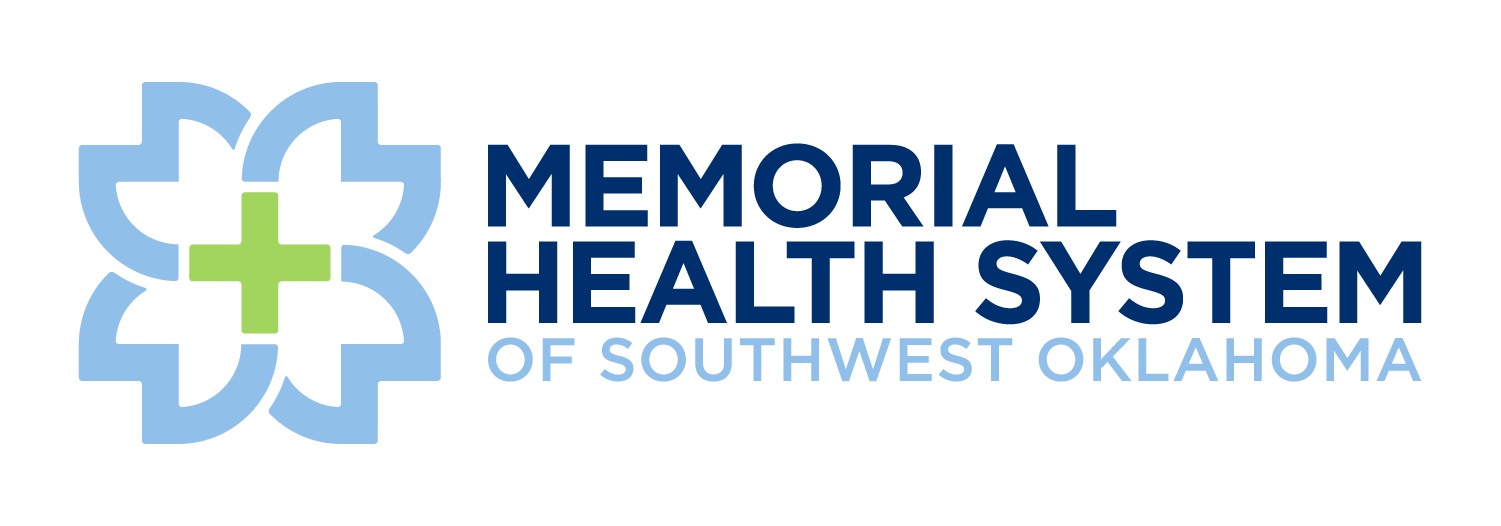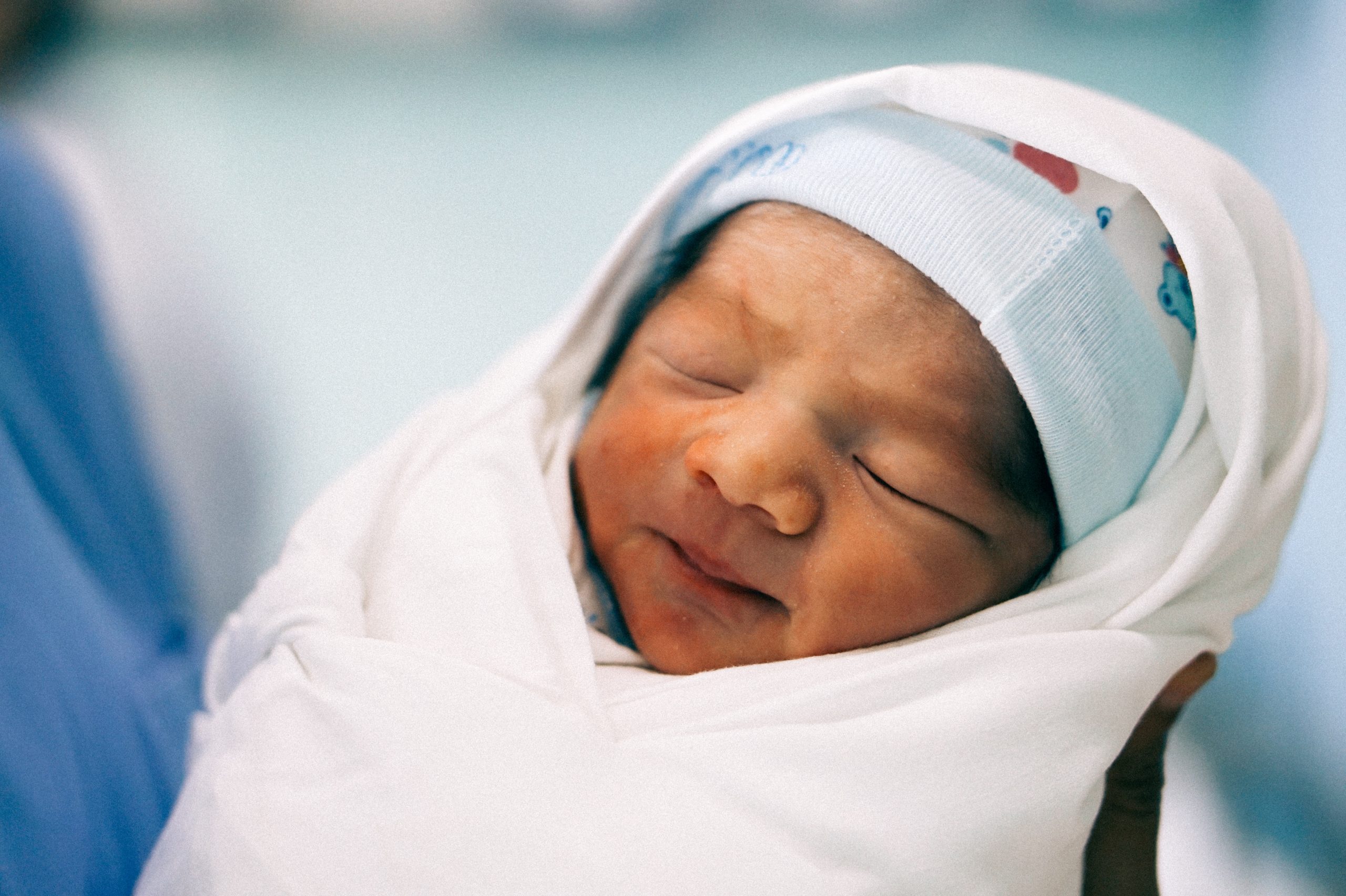Newborns and winter illnesses- these two things together can make new parents concerned! Conditions like Respiratory syncytial virus (RSV) and the flu are major concerns for parents with new babies this time of year. RSV is a common, contagious, virus affecting the respiratory tract. For many, this is no more than a cold. For a newborn baby though, this condition can be very serious.
To answer common questions new parents may have, we reached out to two of our health professionals here at CCMH. Meagan Garibay, RN, BSN, CIC, our Infection Preventionist, and Amy Smith BSN, RNC-LRN of our Neonatal Intensive Care Unit (NICU) gave us some enlightening information to help new parents rest assured they are doing all they can to protect their newborns from winter illnesses.
Is there anything new moms should be doing to help prevent newborns from winter illnesses pre-delivery?
Meagan: Vaccination helps moms pass on some protection to their babies. We encourage moms to get certain vaccines while pregnant such as the influenza vaccine and the Tdap vaccine. This confers some immunity to the fetus to protect them in their first few months of life (such as from pertussis), and/or it protects mom from catching something that could be potentially devastating for a fetus or a neonate (such as the flu). The best thing mom can do for her baby is to keep herself well and healthy.
Are there any safety tips you have for friends and family who come visit newborns that can help keep newborns from winter illnesses?
Meagan: Washing your hands is probably the most critical thing you can do before you ever touch the newborn, or any of the newborn’s belongings or surroundings. Of course, if you are sick or think you may be getting sick, you should never visit someone with a new baby. Both new mom’s and new baby’s immune systems just aren’t strong enough to fight off whatever you may have. And the one thing I cannot stress enough: DO NOT KISS THE BABY! Not the cheek, not the forehead, not the hands. If it’s not your baby, lips off!
Are there any factors that put a newborn at risk for winter illnesses?
Amy: Most of the RSV issues we see at our hospital are the kids who have gone home from the NICU or the older kids, and those are the ones that get treated on the pediatric unit. However, I can sure talk about prevention and risk factors for our population though. It’s not so much birth weight, but prematurity and especially prematurity with oxygen requirements in the NICU can put a newborn at risk. Infants between certain premature gestational ages can qualify for medication to help prevent RSV.
As far as what we see parents do with their children that puts newborns at risk, these things are taking them shopping in crowded places, letting strangers touch them without hand washing first, and kissing them such as Meagan mentioned. We have parents and grandparents that have babies in our NICU that want to come in and kiss them in their faces, and although we educate them not to do that, we really have a hard time getting them to understand just how dangerous that is. Any viral cold sore can be transmitted to the baby and cause that baby to get sick! These babies immune systems are immature and they can’t fight off infections, colds, or illnesses.
Is RSV much more common in winter months?
Meagan: We do see more RSV in the winter months than any other season. Like flu, it is always “there” and in the community. People catch the flu and RSV and all other respiratory viruses in the summer months, too. However, it is not nearly as prevalent, and it doesn’t spread as fast. During the winter months, people are inside more, and are inside with crowds of people more. Therefore, this helps RSV spread.
Are there any tips to specifically help prevent flu? RSV?
Meagan: Wash your hands frequently (hand sanitizer counts), and avoid crowded places and sick people!
There is a vaccine for the flu, and everyone over the age of 6 months should get it every year. Efficacy of the vaccine varies from year to year. Nevertheless, even if you get the flu after getting the vaccine, your illness will not be as severe. It will not last as long as someone who hasn’t had the vaccine either. It is especially important that “vulnerable populations” (the very young, the very old, and otherwise immunocompromised persons) get the vaccine. This can be the difference between life and death. Many people think the flu isn’t “that serious”, but over 80,000 people died last year from the flu (which is the highest number in 4 decades).
Unfortunately there is no vaccine for RSV yet. There is one in development however, but that could take several years to be completed. Some high risk infants (such as premature infants) can be recommended to receive a medication that can help protect against serious complications from RSV such as Amy mentioned.
Should parents limit visitors, keep newborns out of public, etc. for a specific time?
Meagan: There is no hard and fast rule here – it’s entirely the new parents’ discretion. It’s always a good idea to avoid crowded places during the winter, just because of the increased likelihood that you’re going to come into contact with a lot of sick people that should’ve stayed home. As always, make sure visitors wash their hands when they come into the house to see the baby, and make sure they know not to come if they’re sick. You may get push back from some but remember – you are the parent of that baby, and what you say goes.
What has this season been like at CCMH so far?
Meagan: This season has been a typical fall/winter so far. Currently, we are seeing more RSV than flu. Flu usually doesn’t peak until January/February, and RSV usually starts declining around that time, but both will hang on and continue circulating well into March and even April.
We would like to thank Amy and Meagan for taking time out of their busy schedules to give us this important information. If you are a new or expecting mother and have other questions about caring for your baby, visit the Women’s Health section of our site at https://www.ccmhhealth.com/womens-health/.
Disclaimer
The Comanche County Memorial Hospital website does not provide specific medical advice for individual cases. Comanche County Memorial Hospital does not endorse any medical or professional services obtained through information provided on this site, articles on the site or any links on this site.
Use of the information obtained by the Comanche County Memorial Hospital website does not replace medical advice given by a qualified medical provider to meet the medical needs of our readers or others.
While content is frequently updated, medical information changes quickly. Information may be out of date, and/or contain inaccuracies or typographical errors. For questions or concerns, please contact us at contact@ccmhhealth.com.

